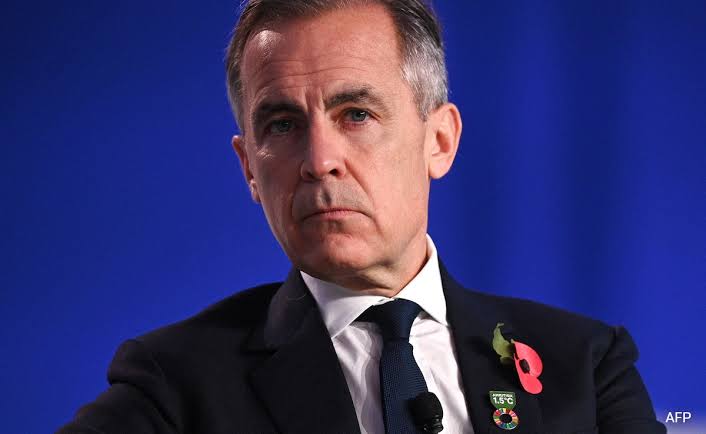Ottawa, April 3, 2025 – U.S. President Donald Trump has announced new tariffs on foreign-made automobiles, imposing a 25% duty on imports while applying a 10% baseline tariff on several other nations. However, Canada and Mexico have been spared from the initial wave of tariffs.
Trump’s latest move, part of his ongoing trade war strategy, has triggered strong responses from global trade partners. Canadian Prime Minister Mark Carney, addressing the issue from Parliament Hill, declared that his government would act with “purpose and with force” to counter the U.S. trade actions. Although he did not immediately reveal the specifics of Canada’s response, he assured that retaliatory measures were under consideration.
The tariffs take effect at midnight, targeting auto imports from multiple countries. Meanwhile, previously imposed levies on steel and aluminum remain in place. While Canada has avoided direct penalties in this round, uncertainty persists over potential future U.S. actions.
Trump’s administration argues that the tariffs are necessary to protect American industries and reduce the trade deficit. U.S. Treasury Secretary Scott Bessent stated that these duties will serve as a cap on the highest tariff levels, leaving room for reductions if trading partners comply with American demands.
Meanwhile, the European Union has signaled its readiness to defend its economic interests, with EU Commission President Ursula von der Leyen advocating for a “negotiated solution” while also preparing countermeasures. Canada, too, has reaffirmed its commitment to protecting its industries, with Carney set to hold a press conference tomorrow to outline the next steps.
As the global trade landscape shifts, nations affected by Trump’s policies continue to strategize their responses. With heightened tensions and potential retaliatory tariffs on the horizon, economic uncertainty looms over international markets.

